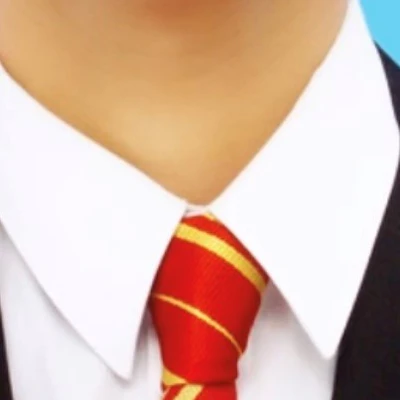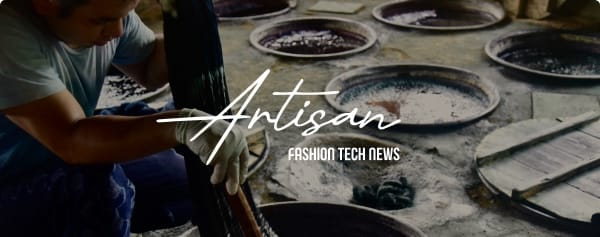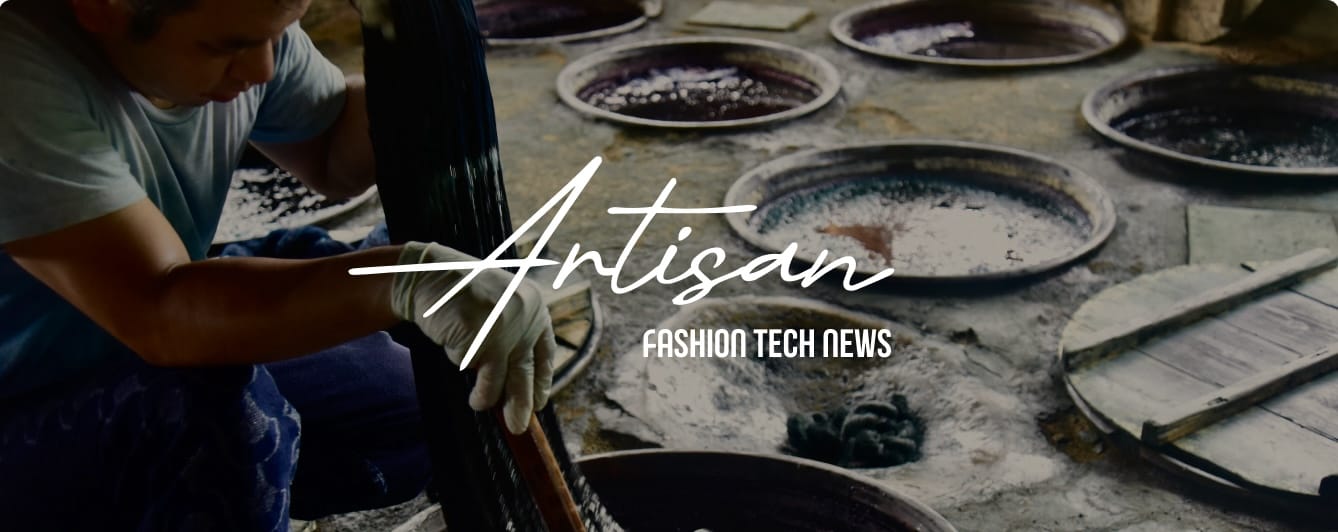2025.07.25FRI
Relay Column: Fashion Researcher Struggles with Job Hunting Attire (Sen Isozumi)

PROFILE

Sen Isozumi
Assistant Curator at the Kyoto Costume Institute (KCI). Specializes in fashion cultural theory and representation theory. Particularly focused on the study of criticism towards fashion design in post-war Japan. Notable essays include "Y2Kは現代語か─ファッション��リバイバルとアーカイブファッションの身体" in "Eureka August 2022 Issue Special Feature = The World of Contemporary Language" (Seidosha), and co-author of "クリティカル・ワード ファッションスタディーズ 私と社会と衣服の関係" (Film Art).
As a fashion researcher, I believe that you have been concerned with the phenomenon of job hunting. Standardized clothing, hairstyles, and hair colors have been recommended not only for women but also for men in recent years, along with the catchy phrase "cleanliness." Moreover, behaviors such as how to sit, bow, or even the extremely polite language, which could be considered overly formal, are also included. In particular, recent topics such as excessive high-heel wearing and lookism in selection processes cannot be overlooked from the perspective of fashion research(1).
In the media, opinions about job hunting are frequently exchanged from the perspective of attire and behavior in some form. Regarding the relationship between job hunting and fashion, the norms surrounding suits have prompted me to reflect deeply on various issues.
Suits are extremely important subjects of study in fashion history and research. This is because the history of suits is not just about the transition of clothing forms but is also a history surrounding the various identities attributed to suits along with the process of modernization(2).
This article is for members only.
Please register to read the rest of the article.
What you can do with a membership
- Read members-only articles
and use text-to-speech. - Unlimited article favourites
and browsing history. - Attend members-only events.
- Get the latest information
with our email newsletter.
Share Article
CONCEPT VIDEO
"fashion tech news" Unveils New Logo & Concept Video
TOP ARTICLES
RELATED ARTICLES
CONCEPT VIDEO
"fashion tech news" Unveils New Logo & Concept Video
CONTACT
If you have any questions or enquiries, please enter your details in the form below.





















